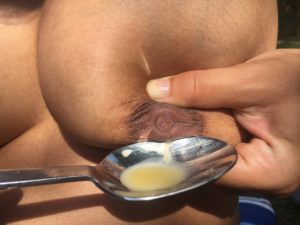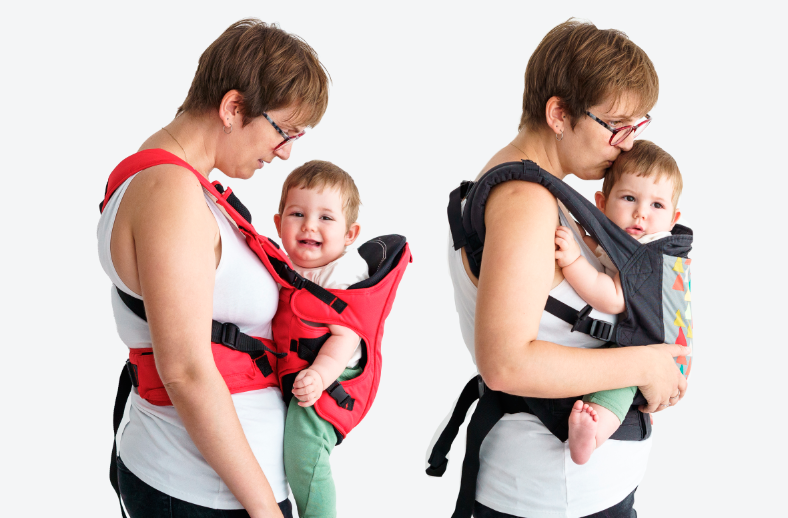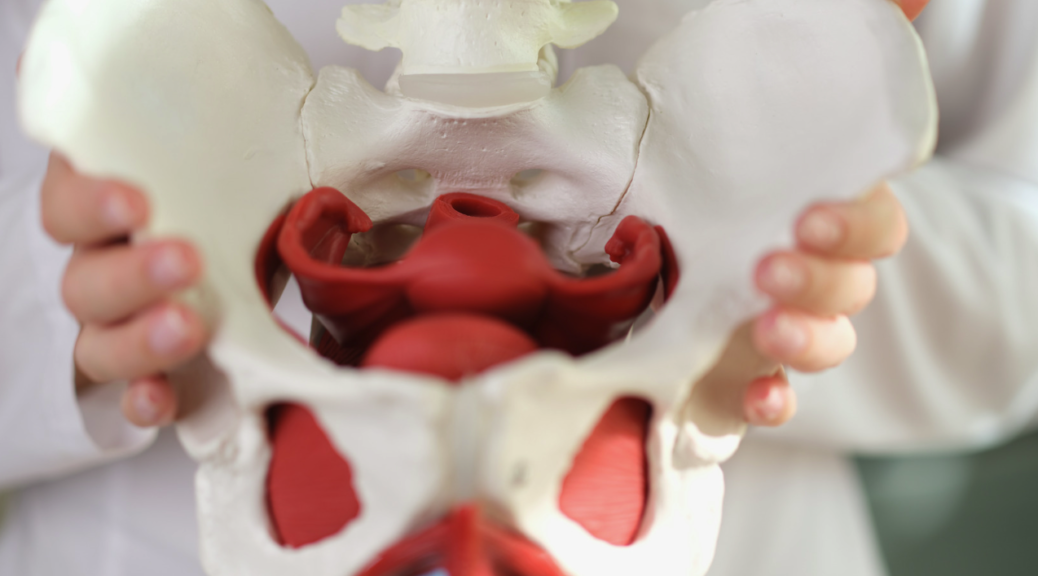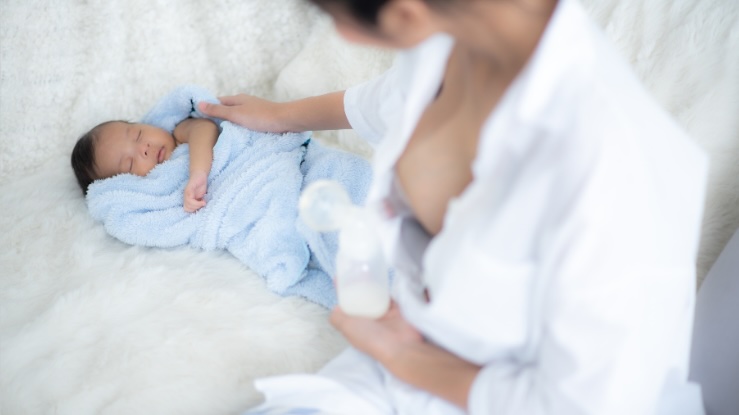How to get back to work and keep breastfeeding
Going back to work after having a baby (and maternity leave, if you are lucky to have one) is the first separation from your baby and a challenge when it comes to breastfeeding. So, how do you get back to work and keep breastfeeding? Many women believe that this separation means the end of their breastfeeding journey, but it does not have to be this way if you don’t want to and if you have the information to organize your…









